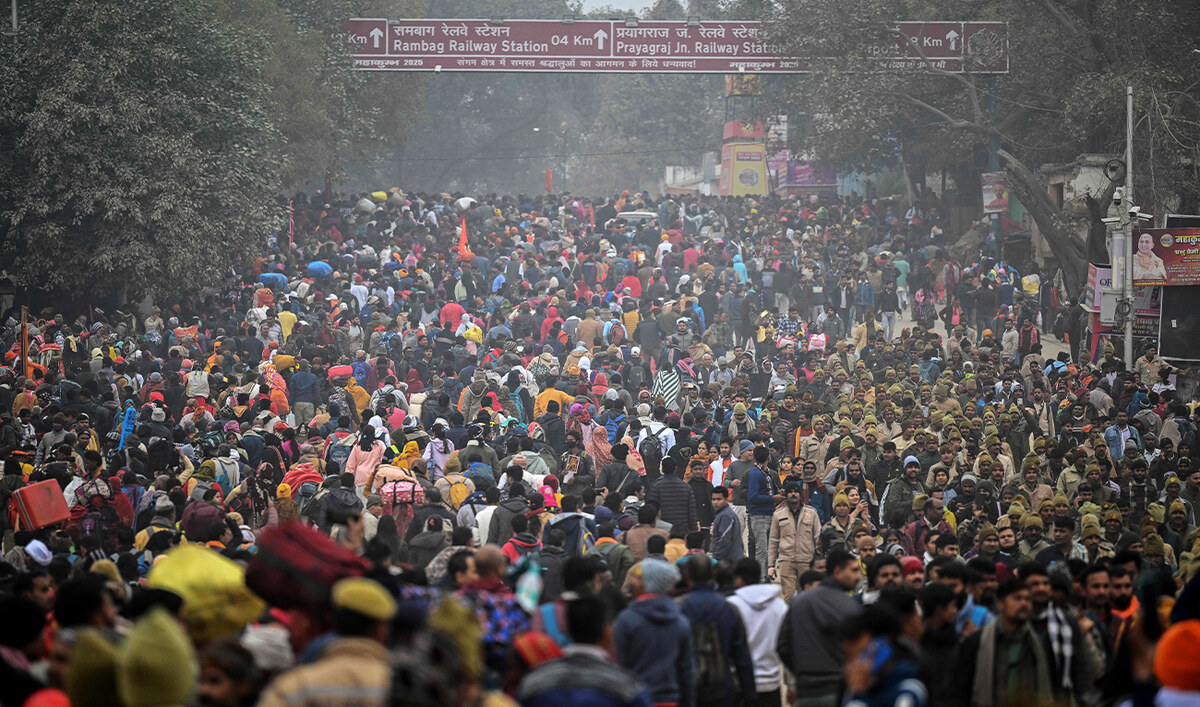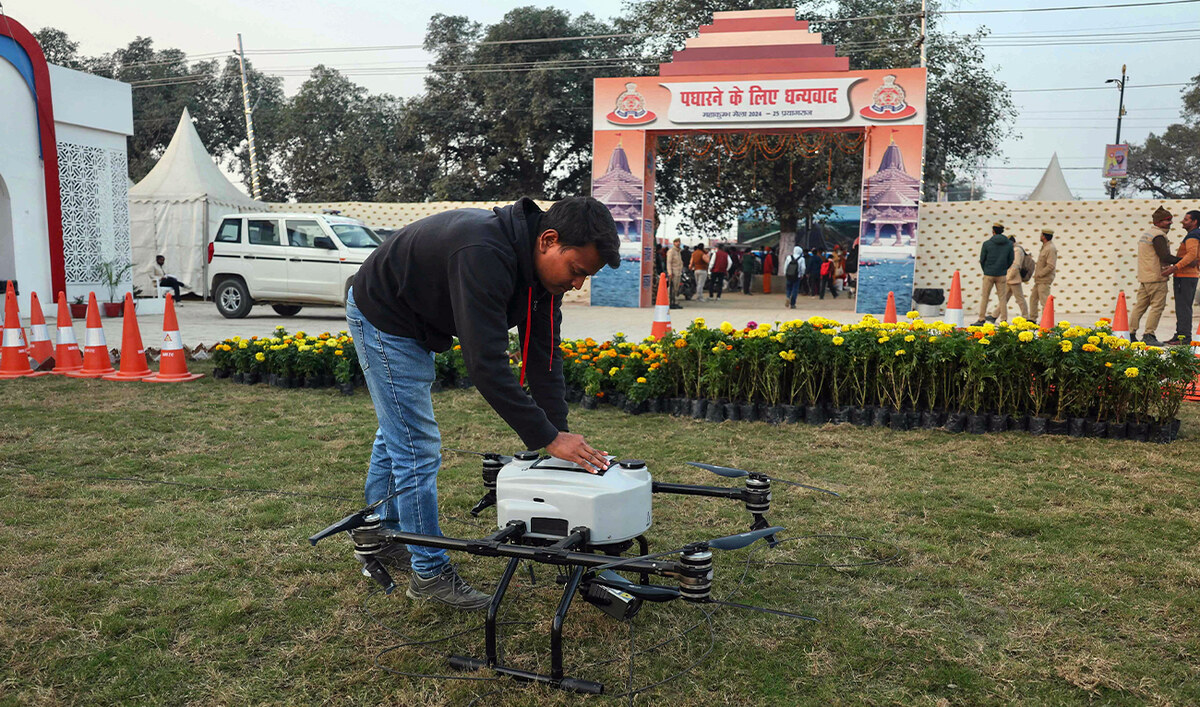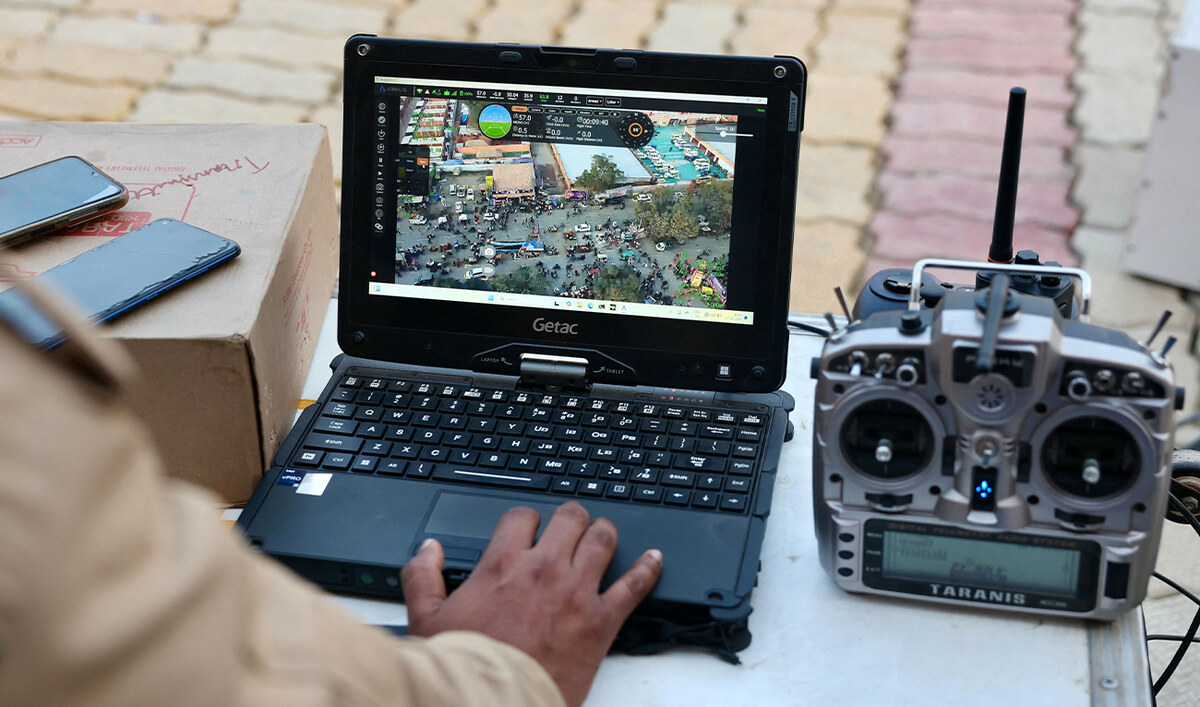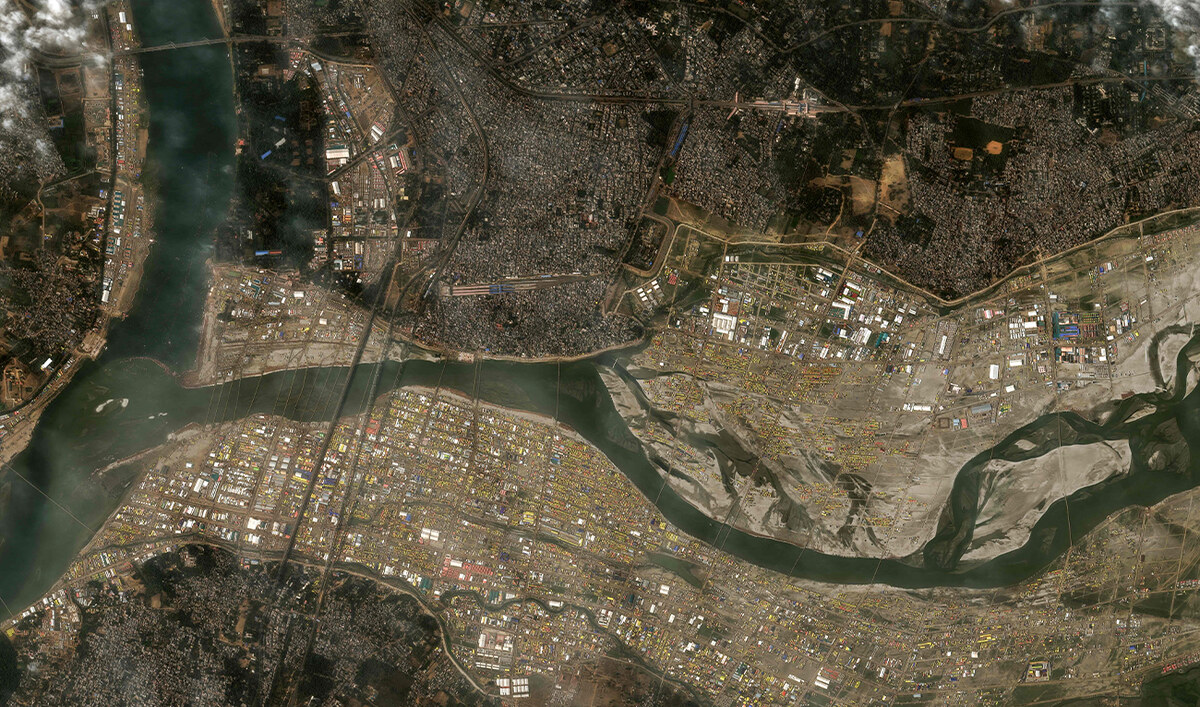WASHINGTON: Former Wyoming Rep. Liz Cheney and a son of 2008 Republican presidential nominee John McCain on Wednesday threw their support behind Democratic presidential candidate Kamala Harris, in the latest case of Republicans turning against party candidate Donald Trump.
Cheney's announcement ended weeks of speculation about how fully the member of a GOP dynasty-turned-Trump critic would embrace the Democratic ticket.
Cheney, who co-chaired the House investigation into the Jan. 6, 2021, attack, became a fierce Trump critic and was ousted in her 2022 Republican primary in Wyoming as a result, made her announcement at an event at Duke University. In a video posted on the social media network X, she finished by talking about the “danger” she believed Trump still poses to the country.
“I don’t believe that we have the luxury of writing in candidates’ names, particularly in swing states,” she said. “As a conservative, as someone who believes in and cares about the Constitution, I have thought deeply about this. Because of the danger that Donald Trump poses, not only am I not voting for Donald Trump, but I will be voting for Kamala Harris.”
Harris’ campaign chair Jen O’Malley Dillon said in a statement Wednesday night: “The Vice President is proud to have earned Congresswoman Cheney’s vote. She is a patriot who loves this country and puts our democracy and our Constitution first.”
The daughter of former vice president Dick Cheney, Liz Cheney has been perhaps Trump’s highest-profile Republican critic. She joins other Republicans like her former Jan. 6 committee member, former Rep. Adam Kinzinger and former Rep. Denver Riggleman, as backers of Harris. More than 200 alumni of the Bush administration and former Republican presidential campaigns of the late Sen. John McCain and Sen. Mitt Romney also announced their endorsement of Harris last week.
Cheney was in House Republican leadership at the time of the Jan. 6 attack but broke with most of her caucus over Trump’s responsibility. She lost her leadership post and was one of the few Republicans willing to serve on the Jan. 6 committee, which was appointed by Democrats who controlled the House at the time.
McCain's son now a Democrat
Jimmy McCain, a son of former Arizona senator John McCain, said this week he has registered as a Democrat and will vote for Harris, a valuable nod of support for the Democratic nominee in a battleground state.
Meanwhile, Trump’s running mate, Ohio Sen. JD Vance, appeared outside Phoenix Wednesday for an event with the conservative youth organizing group Turning Point USA, which has been instrumental in remaking the Arizona GOP as a faithful organ of former President Donald Trump’s “Make America great again” movement.
Jimmy McCain’s endorsement and Vance’s Turning Point USA appearance reflect the disparate segments of the GOP that Harris and Trump are trying to reach. Democrats are appealing to traditional conservatives disillusioned by Trump’s takeover of the GOP, while Republicans are looking to shore up their base and ensure that their young supporters turn out.

Jimmy McCain, son of Arizona's Republican Sen. John McCain, pauses at his father's casket during ceremonies honoring Vietnam War veteran at the US Capitol Rotunda in Washington on Aug. 31, 2018. (Pool Photo via AP)
Democrats have made big inroads over the last six years in Arizona, once a Republican stronghold that routinely backed McCain and other Republicans for president, with an anti-Trump coalition that includes Republicans and conservative independents.
That reality is clear in each campaign’s approach to winning the state. Harris has staked out moderate positions in contrast to the progressive stances she outlined in her 2020 Democratic primary campaign, including on the border, an important issue in this border state, while elevating Republican backers.
Trump, meanwhile, is counting on support from young voters turned off by politics and distrustful of institutions. He chose Phoenix for a rally joining forces with Robert F. Kennedy Jr., who abandoned his own independent campaign to back Trump.
The Turning Point event where Vance spoke was aimed at promoting the group’s “chase the vote” initiative to identify supporters who might need an extra nudge and ensure they participate. The event, at a mega church on the outskirts of metro Phoenix, began with a concert by a Christian rock band with a heavy, seat-shaking base and a colorful light show.
Turning Point founder Charlie Kirk spoke to Vance onstage for nearly an hour, focusing the conversation on social issues that have animated Trump’s base, including immigration and transgender rights.
“We just want Americans to be able to live a decent life in the country their parents and grandparents built,” Vance said.
Jimmy McCain said he had been an independent since leaving the Republican Party after Trump became its standard bearer in 2016. He decided during a nine-month overseas deployment that just ended to switch his registration to Democratic and announce it publicly. His decision was first reported by CNN.
He said he was further “fired up” by the decision after seeing Trump’s campaign visit to Arlington National Cemetery, a visit that Harris called a “political stunt” that “disrespected sacred ground.”
Trump has had a fraught relationship with the McCain family since he denigrated the senator’s status as a war hero during his 2016 campaign.
Jimmy McCain said it was personally difficult for him to hear his father disrespected, but he said his father chose a public life and Americans are allowed to criticize their leaders.
“With Arlington, the people who are buried there gave their lives and the ultimate sacrifice,” McCain said. “They don’t get a political opinion. ... We don’t know what those people felt, thought, what they believed. We know they believed in their country and that’s about it.”
Trump said he was invited to Arlington by the families of Marines killed in a suicide bombing during the chaotic US withdrawal from Afghanistan. His campaign released statements from the relatives accusing Harris of playing politics with the issue.
“There has been no greater advocate for our brave military men and women than President Trump,” said Karoline Leavitt, Trump’s national press secretary. He secured new military investments and pay raises for troops while he was in the White House, and no new wars broke out, she said.
Jimmy McCain, 36, enlisted in the US Marines as a teenager and served four years. He reenlisted in the Army National Guard and was later commissioned as an officer, currently holding the rank of 1st Lieutenant.
Ideologically, McCain said he’s a moderate and hearkened back to his father’s 2008 campaign slogan, “Country first.”
“I’m a center man who cares about his country more than anything,” McCain said.
Cindy McCain, the late senator’s widow, endorsed President Joe Biden shortly before the 2020 election, a vote of confidence that helped the Democrat eke out a narrow win in Arizona with support from Republicans disaffected with Trump. Biden appointed McCain to be the US ambassador to the United Nations food and agriculture agencies in Rome, where she is now executive director of the UN World Food Programme.
A Navy pilot, John McCain was shot down over North Vietnam in 1967. He was captured, beaten and held prisoner for more than five years, refusing to be released ahead of other American servicemembers.
Trump said of McCain, “He’s not a war hero. He was a war hero because he was captured. I like people who weren’t captured.” McCain later angered Trump with his dramatic thumbs-down vote against repealing Obama’s health care law.
McCain represented Arizona in Congress for 31 years until his death in 2018 from an aggressive brain tumor and built a national reputation as a “maverick” willing to buck his party. While he sometimes took flack from the GOP base and faced fierce primary challengers, he was overwhelmingly reelected and remains a beloved figure in the state.
Still, the endorsement won’t sway the Republicans who still dislike McCain.
“I didn’t respect John McCain,” said Jerry Lyn of suburban Phoenix, who went to the Turning Point rally because he’s been so impressed by Vance he wanted to see him in person. “I really didn’t. He did a lot of bad things and people don’t realize it.
“I think it’s disgusting.”































